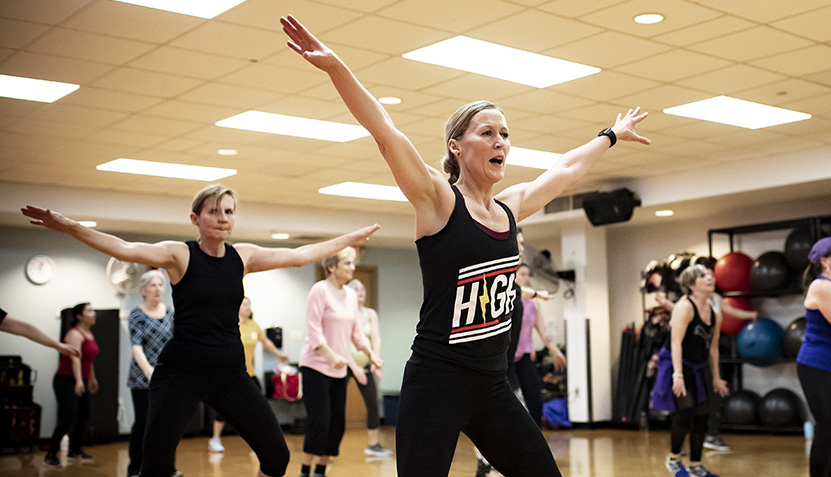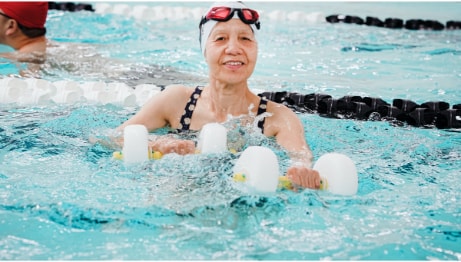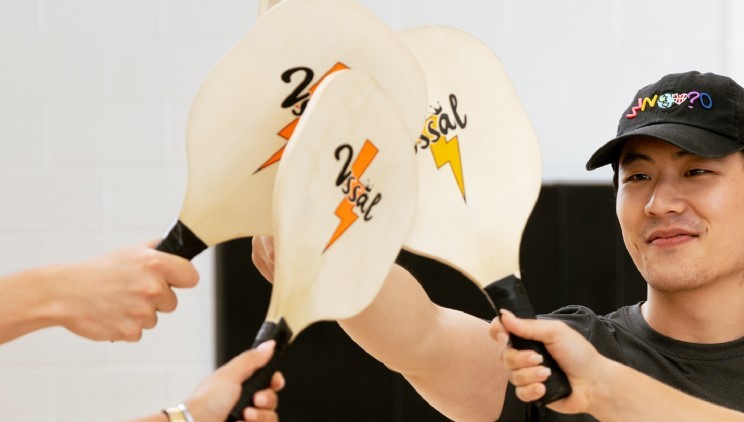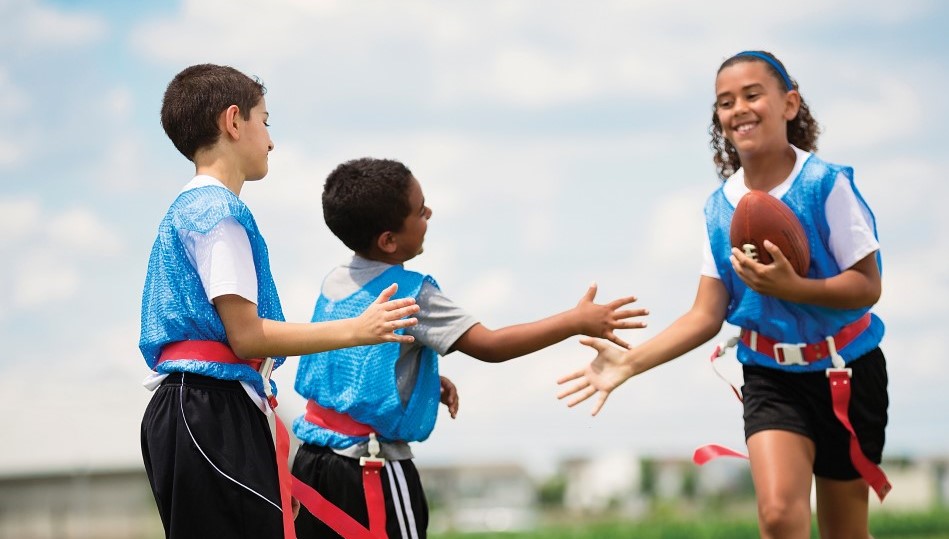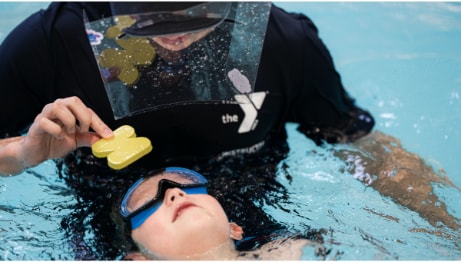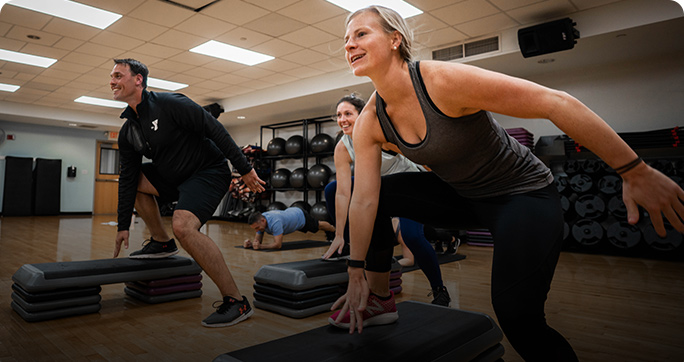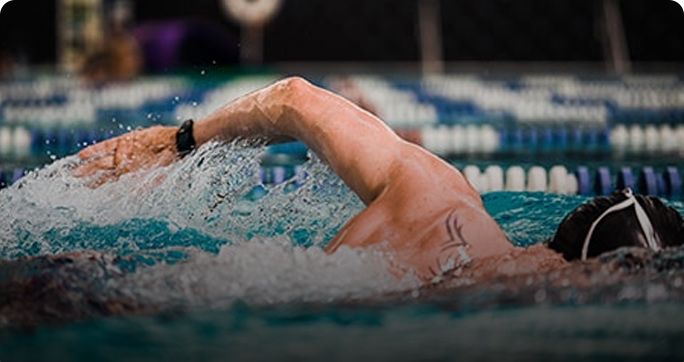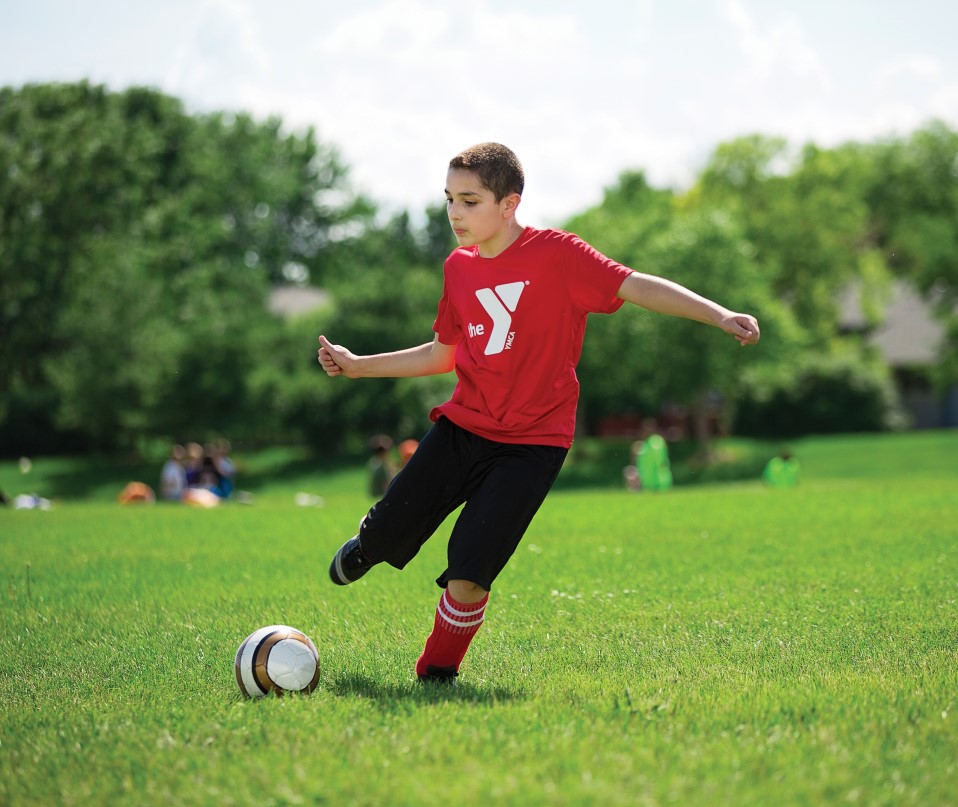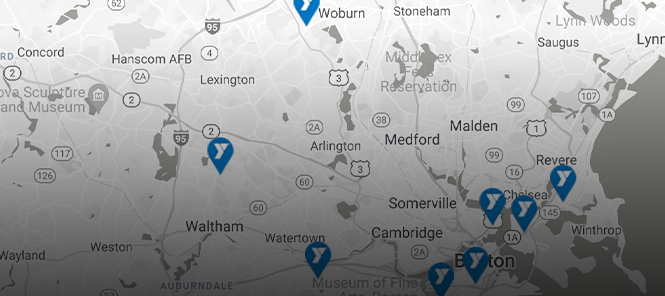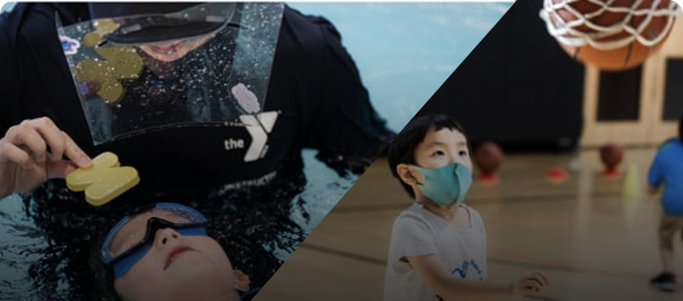
Week 8
Mindful Eating
What is mindLESS eating and why is it a problem?
Mindless eating is eating without awareness of what and how much is being eaten. It is putting food in our mouths for reasons other than hunger, without paying attention to levels of hunger or fullness.
What causes us to eat mindlessly? Here are some common scenarios…
Week 8
Mindful Eating
What is mindLESS eating and why is it a problem?
Mindless eating is eating without awareness of what and how much is being eaten. It is putting food in our mouths for reasons other than hunger, without paying attention to levels of hunger or fullness.
What causes us to eat mindlessly? Here are some common scenarios…
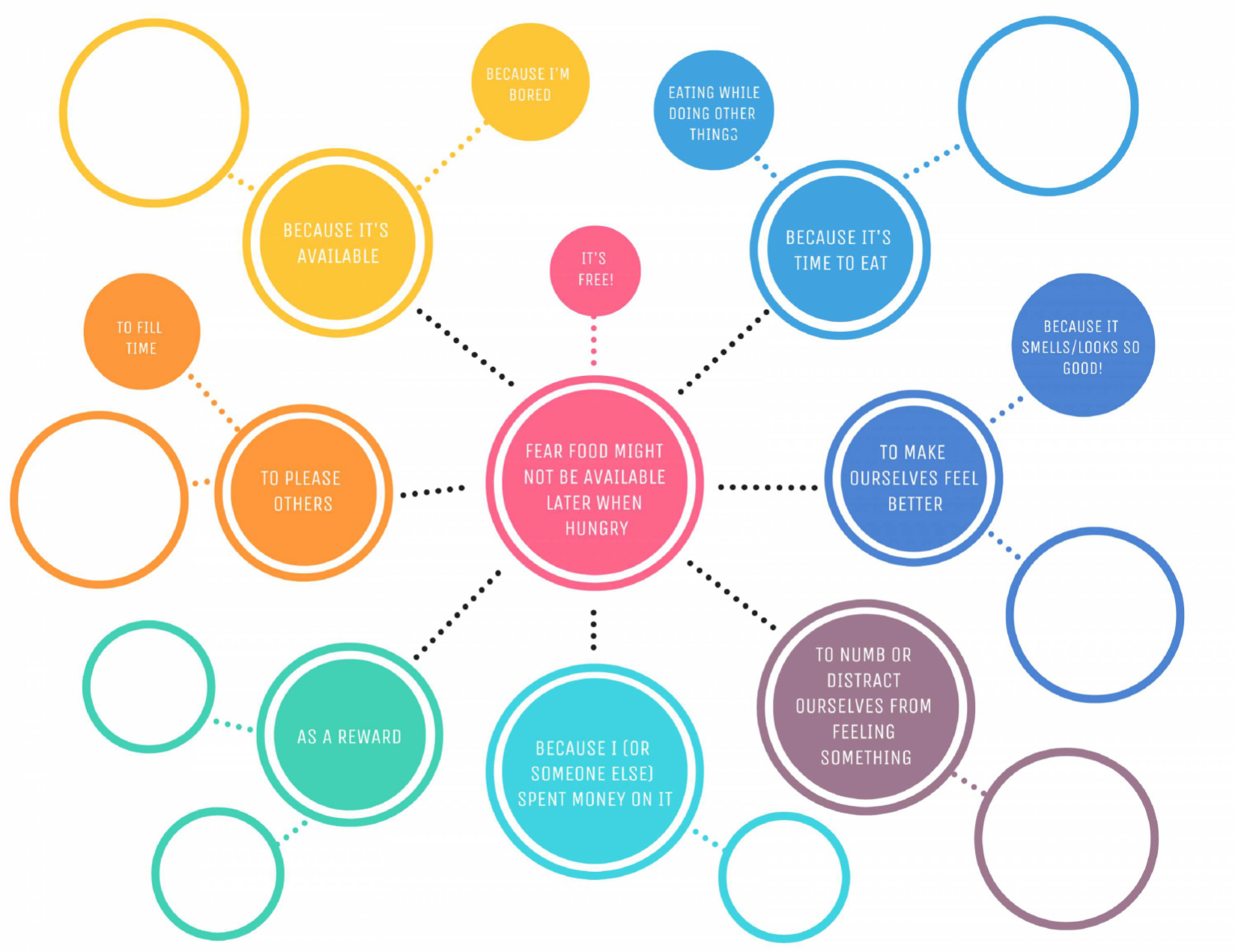
What are your challenges with mindless eating?
Feel free to add in your own personal challenges using the blank circles in the map above.
How can I become more mindful of what I am eating?
Research has shown that making small changes to our daily habits, that increase our awareness of what we are eating, can directly lead to weight loss. Here are some solutions that can help increase your awareness, and avoid mindless eating.
POSSIBLE SOLUTIONS
• Only eat in the kitchen/dining room and at the table.
• Serve portions to a plate or container – don’t eat out of the bag, box, carton, etc.
• Use smaller plates and taller glasses.
• Don’t buy the high calorie/processed foods – if they are in your home keep them out of sight.
• Make the time to eat slowly, and without multitasking or electronics -TV, phone, etc.
• Do not stockpile – avoid buying in bulk.
• Maximize volume/minimize calories by filling half your plate with veggies and drinking water.
• STOP! Ask yourself if you are truly hungry or if one of the culprits above is at play.
• Plan your meals and snacks each day -have healthy paired snacks prepped and ready.
• Practice ways to say no, and don’t be afraid to throw food out – don’t allow yourself to consume it to “save” it from the trash!
Use the personalized mindful eating plan worksheet found here.

How have you overcome mindless eating in the past and/or how could you improve on this going forward?
TROUBLESHOOTING SPECIFIC EATING SITUATIONS








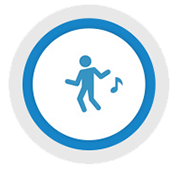
• Don’t linger near the food table, intentionally move away and focus on socializing.
• Choose the smallest plates or serving dishes.




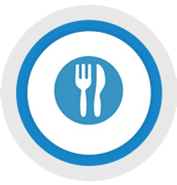


• Read the menu online before you go, plan what you’ll get.
• Refuse the bread and/or chip basket. Ask the server to not bring it in the first place.
• Order unapologetically, don’t be afraid to make healthier swaps – you are paying for this!
• Plan to take half your meal home to have for lunch the next day.
• Eat the veggies/salad first and drink water throughout the meal.
• Keep your hands occupied holding a glass of sparkling seltzer.
• Avoid sugary drinks and creamy sauces/dressings.
• Redefine value, value fresh, high quality ingredients and flavor over large portions.
However the event goes, get back on track with your healthy eating habits right away, starting with breakfast (don’t skip it), drink plenty of water and get in some exercise.

